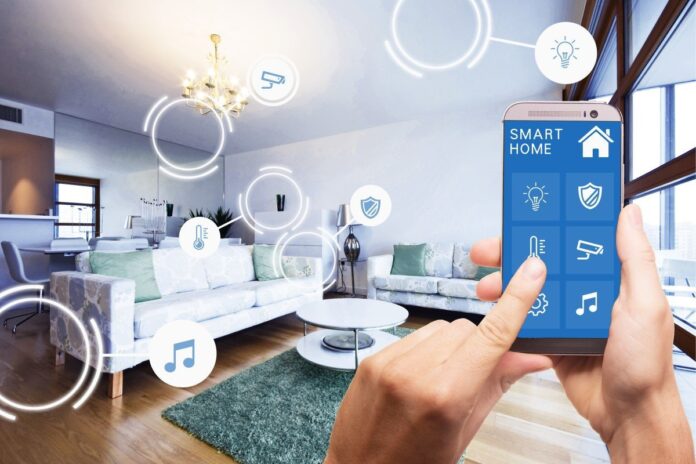In today’s rapidly evolving technological landscape, the integration of artificial intelligence (AI) has revolutionized various industries, including home automation. AI-powered tools have emerged as a game-changer in the realm of smart homes, making our lives more convenient, efficient, and secure. This article delves into the myriad ways AI-powered tools are transforming home automation and explores their impact on the modern household.
Understanding AI-Powered Tools in Home Automation
AI-powered tools encompass a wide range of technologies that utilize machine learning algorithms, computer vision, natural language processing, and data analysis to create intelligent systems capable of autonomous decision-making and human-like interaction. In the context of home automation, these tools are designed to enhance the functionality of smart devices, making them more intuitive and responsive to user needs.
Intelligent Voice Assistants
One of the most recognizable AI-powered tools in home automation is the intelligent voice assistant. Devices like Amazon’s Alexa, Google Assistant, and Apple’s Siri have become ubiquitous in modern households. These voice-activated AI systems can control various aspects of home automation, from adjusting thermostat settings to playing music and even ordering groceries. Their ability to understand and respond to natural language commands has made them an essential component of smart homes.
Enhanced Energy Efficiency
AI-powered tools play a pivotal role in optimizing energy consumption in smart homes. They can analyze historical data, weather forecasts, and user preferences to create personalized energy-saving strategies. For instance, a smart thermostat can learn your daily routine and adjust the temperature accordingly, ultimately reducing energy wastage and lowering utility bills.
Improved Home Security
Home security has been significantly bolstered by AI-powered tools. AI algorithms can analyze video feeds from security cameras and smart doorbells to detect suspicious activity or unauthorized access. When a potential threat is identified, these systems can send alerts to homeowners and even contact emergency services if necessary. This level of automation provides homeowners with peace of mind and enhances overall safety.
Predictive Maintenance
AI-powered tools can also assist in the maintenance of household appliances and systems. Smart devices equipped with AI can monitor their own performance and detect anomalies that may indicate impending issues. For example, a smart refrigerator can identify a malfunctioning compressor and notify the homeowner before a breakdown occurs, potentially saving both time and money on repairs.
Personalized Home Entertainment
AI-powered tools are transforming the way we enjoy home entertainment. Streaming services like Netflix and Spotify use AI algorithms to recommend movies, TV shows, and music based on our preferences and viewing habits. These recommendations are becoming increasingly accurate, ensuring that we have a tailored entertainment experience at our fingertips.
Smart Lighting and Climate Control
AI-driven lighting and climate control systems adapt to user preferences and changing environmental conditions. They can adjust the lighting intensity, color temperature, and thermostat settings to create the ideal ambiance for different times of the day and various activities. This level of automation not only enhances comfort but also contributes to energy efficiency.
Seamless Integration
Another advantage of AI-powered tools in home automation is their ability to integrate with various smart devices and platforms. Homeowners can create customized automation routines that synchronize multiple devices, such as smart lights, locks, and thermostats, to work in harmony. This seamless integration simplifies daily tasks and enhances the overall smart home experience.
Challenges and Considerations
While AI-powered tools offer numerous benefits in home automation, there are also challenges and considerations to keep in mind. Privacy and data security are paramount concerns, as these systems collect and process sensitive information. Homeowners must be vigilant about securing their smart devices and regularly updating their settings to safeguard their privacy.
Additionally, the initial cost of implementing AI-powered home automation systems can be substantial. However, the potential long-term savings in energy efficiency and reduced maintenance costs can outweigh the initial investment.
Conclusion
AI-powered tools have ushered in a new era of home automation, redefining the way we interact with our living spaces. From intelligent voice assistants to energy-efficient systems and enhanced security, these tools are making our homes smarter, safer, and more comfortable. As technology continues to advance, the potential for AI in home automation is limitless, promising even greater convenience and efficiency for homeowners. Embracing these innovations can lead to a more connected and automated future for our homes, where everyday tasks are simplified, and our quality of life is elevated.













